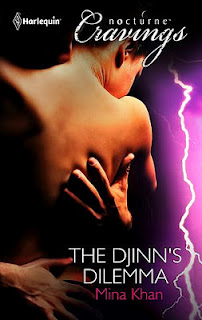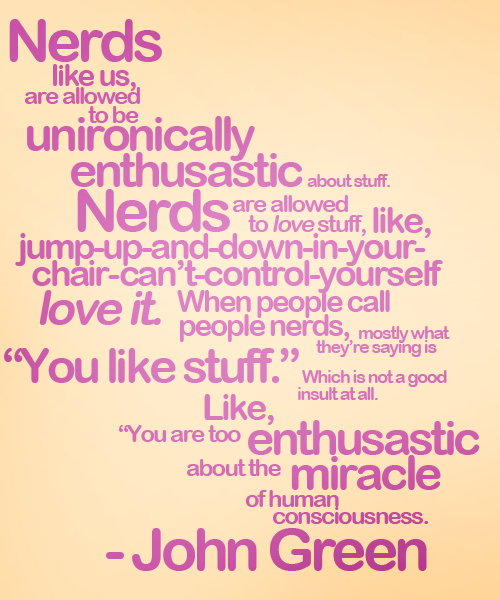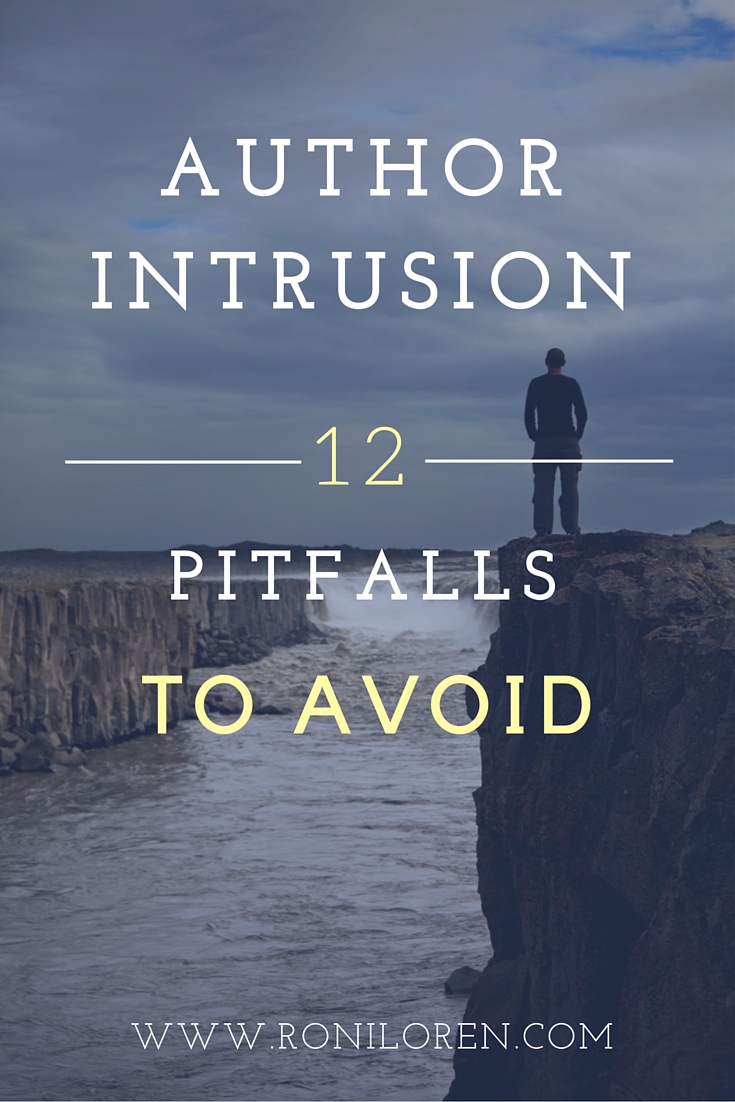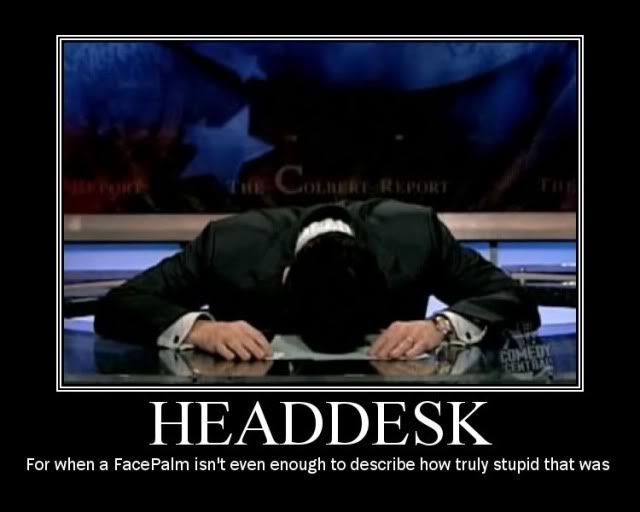What should be one of the key goals of an author when writing?
To be invisible.
Writers are the ultimate behind the scenes people. Besides our name on the front cover, the reader should not realize that we are the ones actually telling them what's happening. Instead, as they start reading, readers should be swept into a story told (shown) by our characters.
The last thing you want to do is break them from the magic of the story and their "suspended disbelief" to wave a big sign in their face that says "Hey, author here! What's up?" Doing so is called author or authorial intrusion. Here's a definition:
Authorial intrusion is where you express a personal opinion about a character, situation or scene. Or where you describe anything your characters could not be aware of. (source)
This technique was used often in Victorian era novels when the author wanted to state their opinion on how crappy they thought some political situation was or whatever. It was also used in gothic horror novels to let you know something sinister was going on outside of the main character's knowledge. However, these days, this device has gone out of fashion to the point of being considered an error except in very rare circumstances. (I haven't read them, but I've heard the Lemony Snicket books use this device successfully.)
*Added note: Some in the comments have referred to this being a 1st person/3rd deep POV issue vs. a omniscient 3rd POV. That is true. If you are in omniscient POV you can say what you want because you are from the all-knowing perspective. However, especially in genre fiction, 3rd omniscient is a tough sell and has gone a bit out of style. It was much more popular in the 19th century. It IS done still. And can be done well. But, in general, it creates distance between the reader and the characters, and unless used by someone with a very deft hand can create the tendency for the author to head hop. So be aware that you can use this POV and not worry about author intrusion, but you may face different challenges with trying to get your readers to truly sink into the heads and hearts your characters.
Now, most likely you aren't going off on long asides to share political commentary, but these AI (author intrusion) moments can pop up in much more subtle ways. Here's what to watch out for...
Twelve Pitfalls of Author Intrusion
1. Foretelling
This is where the author inserts things like "Jane had no idea that one decision would change everything." OR
"Little did Jane know that as she curled up in bed the killer was watching her every move from his hiding spot in the closet."
See how this pulls us right out of the story? We're suddenly not with Jane anymore. Instead, we're up in the heavens looking down at the scene with the all-knowing author--distant and detached. Plus, how much more suspenseful is it if we don't know about the killer, but instead Jane hears an unfamiliar creak of the floorboards or she gets the feeling that she's not alone?
2. Telling us things the character couldn't know (for 1st person and 3rd deep/limited POV)
Jane sat on the curb in the rain and closed her eyes, letting the deluge soak her clothes. Shoppers hurried by her, huddling under umbrellas and giving her strange looks.
If her eyes are closed, how can she know how shoppers are looking at her?
Jane held the yoga move until her face turned red with strain. OR a pained expression crossed Jane's face.
If we're in Jane's POV, she can't see the color or expression on her own face. You can say her cheeks heated because she can feel that or she grimaced because we know how to make our face do that.
"We need to talk about this," Jane said, crossing her arms over her chest and staring at Bill. No way was she going to let him dodge the discussion this time. She needed closure.
Bill stood and walked to the window to avoid looking at her.
We're still in Jane's POV. She can't really know why Bill walked away--she can guess, but not truly know unless she's a mind reader. So just describe the action and let the reader assume why. Or, you can say something with a thought from the MC like "Bill stood and walked to the window. God, could he not even bear to look at her?" OR show that she's guessing "Bill stood and walked to the window, apparently too angry to even look at her."
3. Describing things that the character would never notice.
Bob loved how the Vera Wang dress hugged Jane's curves.
Okay, unless Bob is into fashion or she just told him the designer's name, he's not going to know or care to mention the dress designer. Only describe things and parts of settings that your character would notice. This is also a voice issue, but is related to author intrusion because it reminds us that someone else besides Bob is telling this story.
**The above section is from a previous post, but I found a GREAT article in the Romance Writers Report (the magazine RWA members get.) So, I'm going to add author Sherry Lewis' tips to the ones I've already covered. Don't miss the full article though "There's Not Enough Room For Both of Us." Totally fab info.**
4. All your characters sound the same.
This usually means all your characters sound like YOU. Make sure your characters have their own speaking patterns.
5. Burly Detective Syndrome
(I love Sherry's terms, lol.)
Jane climbed over the fence to get away from the man. The young policewoman crouched behind the dumpster hoping the man wouldn't see her.
Jane would not think of herself as the young policewoman. It's sometimes tempting to do this so we don't keep using her name or "she", but this is not the answer.
6. Perky Sidekick Syndrome
This is where you have a secondary character just there to lecture the MC and to tell the readers things you think they should know about the MC.
7. Information Dumping
We all know this is dangerous, but look out because it can sneak in to the narrative in so many ways. The best test is to ask: "Would the character be thinking about this in this moment and why?" Don't just toss in a memory/backstory because it's convenient in that spot. Something must spark that memory.
She threw her engagement ring at him and yelled. "This is so over!" They had been dating for nearly four years and had met at their jobs. He'd been the lawyer who had mentored her when she first started at Fancy Pants law firm.
Dude, she's throwing the ring at him and breaking off he engagement. She is not going to be thinking about what jobs they had when they met.
This also can pop up if you've done a lot of research on your book and you want to squeeze in all that info.
8. Paying too much attention to the setting or not enough.
You want to ground your readers. Don't just jump into a scene without giving us at least a little something about the surroundings. Paint the picture. BUT also don't go into long narrative descriptions unless your character would somehow being paying that close of attention.
For instance, if your character is in thoughtful mode, staring out at the forest, they would probably notice little fine details like the different kinds of trees. However, if they are running for their lives, they are only going to know what is right in front of them--branches scratching their face, vines tripping them, whatever.
9. Lecturing
Nothing annoys me more than when I'm reading a book and then all of sudden you hear the author jump on their soapbox to lecture about some moral or societal issue via their character. If you want your story to have a moral SHOW it, don't tell it. If you want to tell teens--drugs are dangerous, show characters who make bad choices and then suffer consequences. Do not have you MC be like:
"Those kids over there are the stoners," she said to the new girl. "I would steer clear of them. All that crap they're doing is going to melt their brains. Anyone who thinks spending your day smoking weed is going to get you anywhere is crazy."
The thunk you just heard is your reader throwing the book against the wall.
10. Putting the Cart Before the Horse
This is when you have the reaction or result before the action. I'm guilty of this and have to watch it. Look for the word "when", "after", (and sometimes "as") to catch these.
She screamed when a man jumped out of her closet.
We're in her head, she wouldn't scream before she saw what happened. Things need to happen in correct sequence.
11. Switching the Style of the Writing Around
If we're in your character's head, we're in it. So don't get all flowery and formal when describing a scene, then go back to the short clipped sentences of your detective MC.
Everything is seen through your POV character's eyes, so make sure it's all in his/her voice.
12. Rehashing information for the sake of the reader through dialogue.
Do not have characters discussing things they would've already covered. Sherry refers to this as the "as you know, Bob" conversation.
"Yes, Bob, as we discussed last month, the department is really struggling with this issue."
I'm sure their are more examples, but I think these are a pretty good place to start. And if you are a member of RWA, be sure to read Sherry's full article, there's much more information in there. :)
So have you seen yourself pop up in your manuscript with a big "hello, i'm here" sign? Do you struggle with any of these? Have you read any books that use this device effectively?
*This is a revamped post from Nov. 2010*
Suzanne Johnson is an author of urban fantasy “with romantic elements.” Her first book, Royal Street, a magic-based fantasy set in New Orleans at the time of Hurricane Katrina, will be released by Tor Books on April 10, 2012. Two more in the series will be released in Fall 2012 and Spring 2013. Find Suzanne online at her Preternatura blog, or read about her books at her website.

























